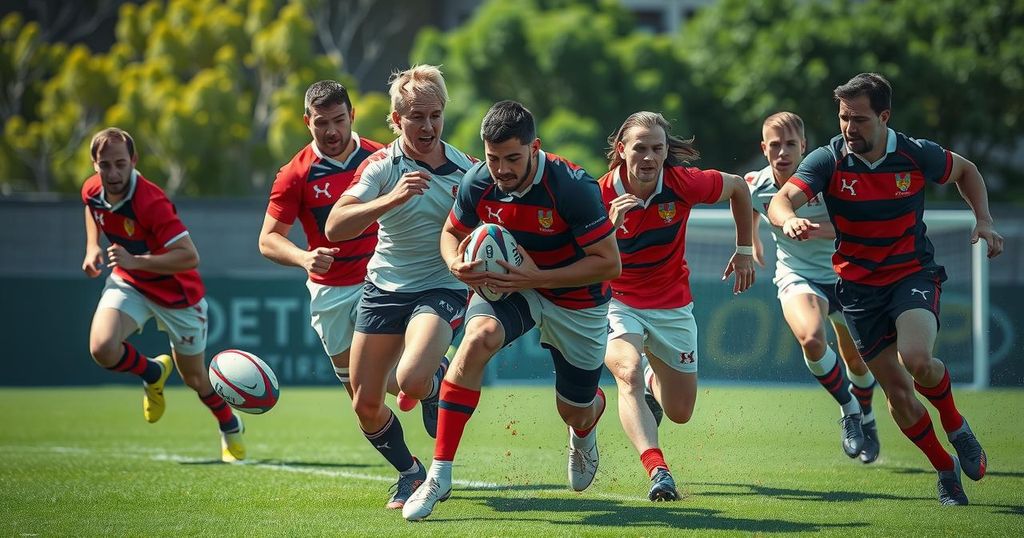The Warriors cricket team lost five points due to transformation policy breaches despite a significant match victory. The situation spotlighted CSA’s dual scorecard system, which measures player representation based on race. This incident sparked discussions around ongoing racial inequalities in cricket and South African society, raising concerns about the equity of transformation policies.
The Warriors cricket team faced a five-point deduction following a match in the One-Day Cup, despite winning by 126 runs against the Dolphins on February 16. This penalty saw four points awarded to the Dolphins, thus impacting the playoff spot of the Warriors who would have otherwise qualified. The situation raises concerns over the fairness of cricket’s transformation policy in South Africa.
Cricket South Africa (CSA) employs dual scorecards for assessment, one focusing on performance metrics like runs and wickets, while the second exclusively measures compliance with transformation targets that mandate a specific representation of black and brown players. Failure to meet this requirement can result in sanctions, as seen in the Warriors’ case where they fielded only two black players instead of the required three.
The Warriors did not seek permission from CSA for this breach; therefore, they faced the consequences weeks later. The communication regarding their penalization was delayed, creating confusion about the playoff dynamics where the Dolphins benefitted from the sanction. The controversy highlights systemic issues within cricket and the government’s push for social engineering based on historical injustices.
The scoring system is fundamentally flawed as it mixes the concepts of targets and requirements, creating contradictions. Moreover, geography plays a role, with the Eastern Cape being rich in black cricket talent yet still facing scrutiny in player representation. The role of coaching staff, including non-white individuals, complicates the transformation narrative in cricket as they navigate historical and contemporary racial divides.
Post-apartheid South Africa continues to grapple with racial inequalities, particularly concerning land ownership among black citizens. The urgency for reform is compounded by questions about representation in cricket, where historical biases still linger. Criticism has also emerged over the marginalization of colored players in recent years. A notable response from cricketer Craig Marais highlights the complexities of transformation policies that still tether players to historical racial categorizations.
Transformation efforts aim to redress past inequalities; however, they have led to divisions, as exemplified by recent events surrounding the Warriors. The call for continued progress remains vital given persistent demands for a just and equitable society in South Africa, especially in areas like sports that reflect broader societal challenges.
The Warriors’ point deduction and the resulting controversy underscore significant issues within South Africa’s cricket transformation policies. The dual scorecard system reflects ongoing racial complexities and historical injustices, eliciting mixed reactions from players and commentators alike. As the country strives for equality, navigating these challenges requires continued dialogue and reform, ensuring that all players, regardless of race, find equitable representation in sports.
Original Source: www.cricbuzz.com






